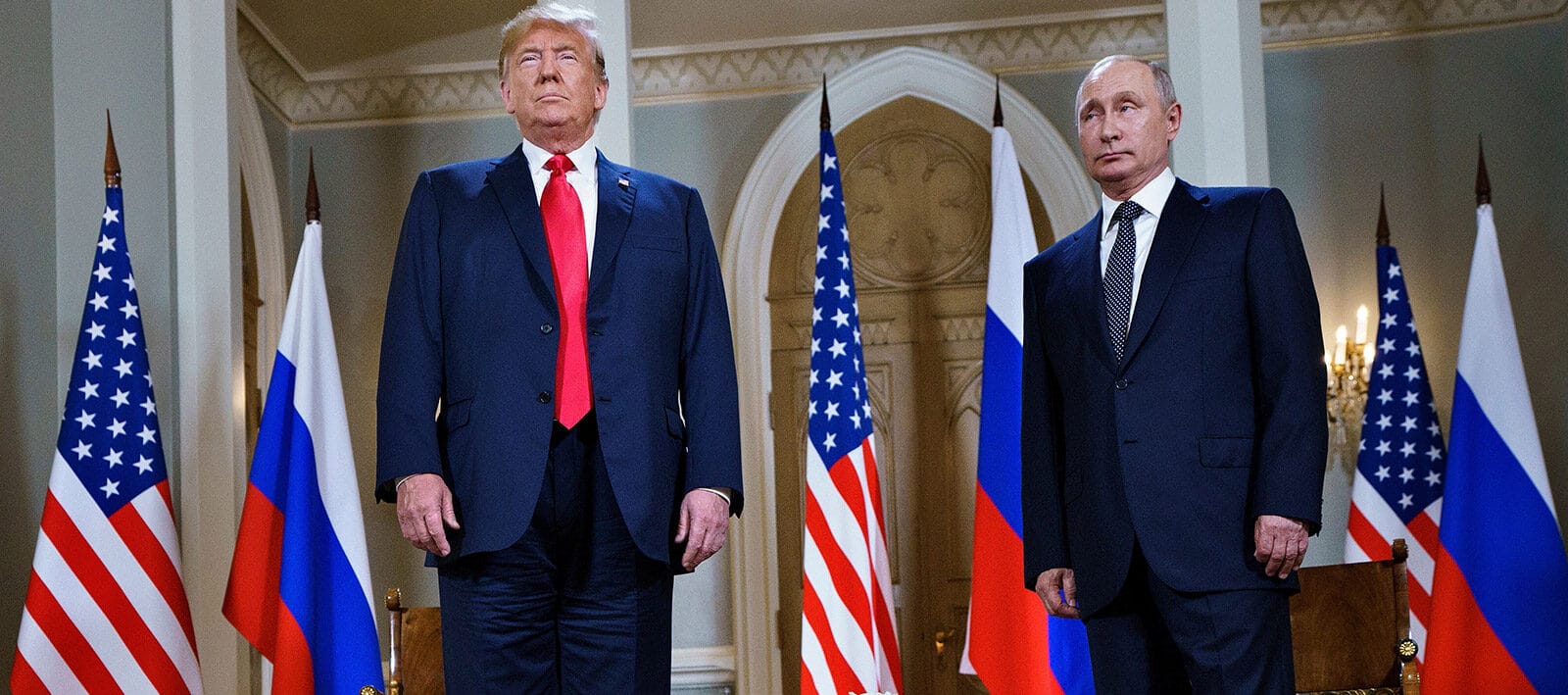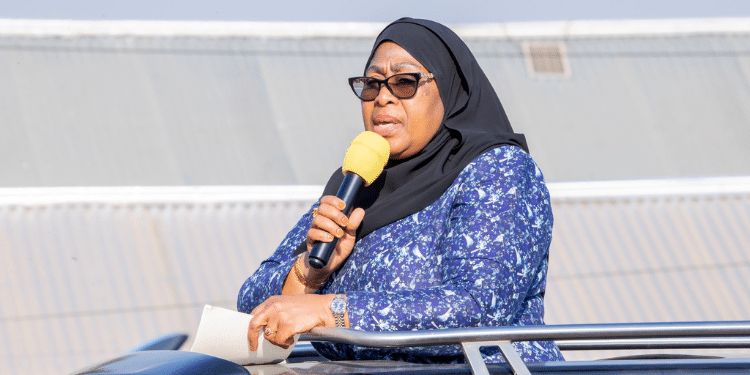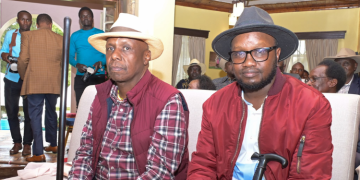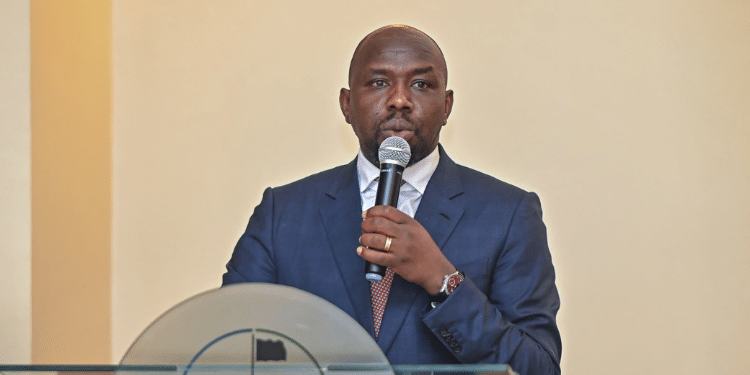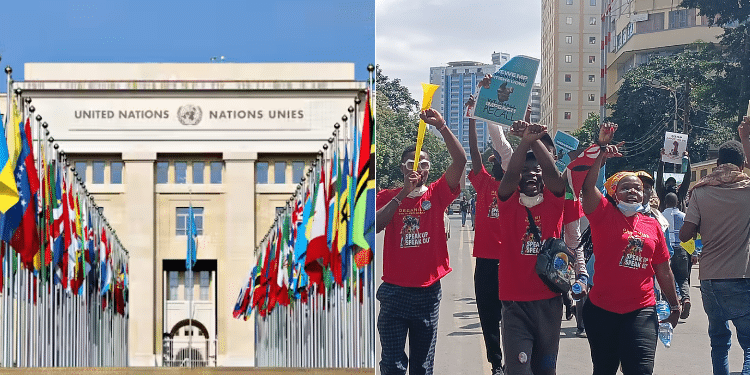The UN’s “Summit of the Future: Multilateral Solutions for a Better Tomorrow” is scheduled for September 2024. It is a move reminiscent of the 2015 “Transforming our World: the 2030 Agenda for Sustainable Development” and the outcome document of the summit will be “a Pact for the Future” which will guide global governance for the next couple of years.
Participation in the summit will be drawn from donors, as well as the private sector, financial institutions, and foundations, to support the participation of representatives of developing countries in the Summit and its preparatory international process.
Sustaining the need to abide by the 2015 Agenda 2030 Agenda, it was resolved that the Summit for the Future will be held side by side with the Sustainable Development Goals Summit.
In 2023, decisions were made to the effect that Pact of the Future would consist of an agenda in youth and future generations.
The section on youth and future generations is unique to Africa, the youngest region of the world, already experiencing issues of youth bulge.

Youth (Gen Z) Engagement in Policymaking
In January 2024, the zero draft of the Pack of the Future was released. According to Dr. Bob Wekesa (Director, African Centre for the Study of the United States, University of the Witwatersrand, South Africa), the draft rightly advocated “the importance of the active, meaningful, and inclusive participation of youth in decision-making.
We commit to strengthening meaningful youth engagement in policymaking and decision-making processes at the local, national, regional, and global levels.”
This a proposal that African negotiators would have to think through in terms of implementation. Even then, cases in various African nations have shown that the youth are unable to sustain the momentum of taking leadership, except in very few countries.
The African continent is saddled with aging leaders hanging onto state power and only being removed from power through popular uprisings.
The establishment of “the United Nations Youth Office” may provide some pathways for centering youth interests but the challenge is that the UN is itself an institution of older male politicians and bureaucrats.
Proposals such as the establishment of youth-specific entities within the UN are likely to be manipulated by African leaders, rewarding pro-regime young leaders, and showcasing token appointments by states as a show of pro-youth programs.
There is a proposal for “investment in universal, accessible, quality and inclusive education, at all levels, and professional training, both formal and non-formal”.

Also Read: Kenyas Gen Z Revolution, A Modern Echo of The French Upheaval
African youth, a powerful catalyst for innovation and economic growth
The proposal for the establishment of “a Global Youth Investment platform to attract and direct financing of youth-related programming to strengthen existing United Nations funds that support youth and key United Nations youth initiatives” is one that African youth-focused organizations should seize.
It is evident that Africa’s dynamic population and increasingly diverse sectors position the continent as a formidable player on the global stage.
African youth is a powerful catalyst for innovation and economic growth. According to Zahra Baitie-Boateng, Managing Director, Africa – Africa’s Business Heroes (ABH) Initiative; “In the past decade, Africa has witnessed a 20% surge in startups and enterprises.
In 2021 alone, tech startups secured nearly US$2.15 billion in investment – a remarkable 206% increase from the previous year. The rise is especially in fintech and e-commerce, highlights Africa’s growing impact on the global entrepreneurial and startup ecosystem.
This entrepreneurial boom is predominantly driven by Africa’s youth. This reflects the fact that Africa has the fastest-growing population globally, with 70% of sub-Saharan Africa under the age of 30 and a median age of just 19.
Women are also at the forefront of this entrepreneurial wave. African women have the highest rate of entrepreneurial activity globally, with sub-Saharan Africa leading at 26%.
Also Read: Is UN Too Old, Remote, Isolated and Out of Touch with the Reality of Our World?
Countries like Botswana, South Africa, and Ghana are notable for their high share of women entrepreneurs; breaking barriers and contributing significantly to economic development.
Initiatives like ABH, with a sector-agnostic approach, not only support existing areas of growth but also create new avenues of opportunity. They build communities that facilitate growth, provide support and training, and offer an expansive perspective on what the continent’s entrepreneurial ecosystem can achieve.
During this year’s International Youth Day celebrations, the African Union reflected on other emerging challenges that confront young people, including access to quality education, healthcare, and job opportunities.
Is the future Gen Z?
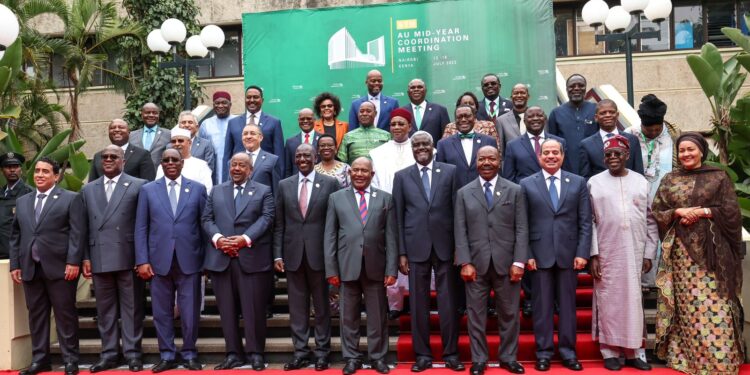
Follow our WhatsApp Channel for real-time news updates!
https://whatsapp.com/channel/0029VaB3k54HltYFiQ1f2i2C

